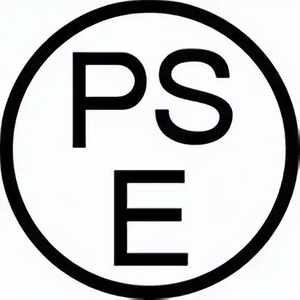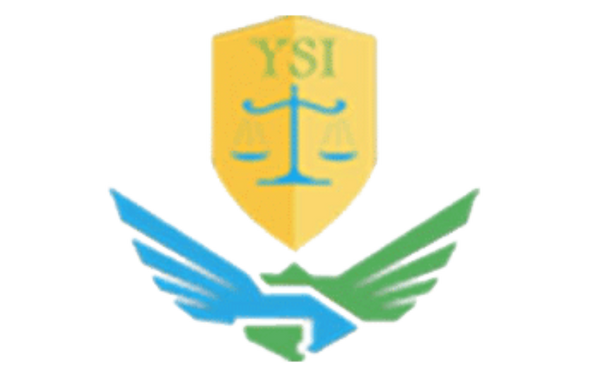
PSE certification is a mandatory safety certification system implemented by the Ministry of Economy, Trade and Industry (METI) of Japan in accordance with the "Electrical Appliances Safety Act (DENAN)".
I. Introduction to PSE Certification
PSE Certification (Product Safety Electrical Appliance & Material Certification) is a mandatory safety certification system implemented by the Ministry of Economy, Trade and Industry (METI) of Japan in accordance with the "Electrical Appliance Safety Law (DENAN)" for imported and sold electrical products in Japan.
The purpose of PSE certification is to ensure the safety performance of electrical products during use, and to prevent accidents such as electric shock and fire caused by electrical faults.
Obtaining the PSE mark indicates that the product complies with Japanese safety regulations and is a necessary condition for electrical products to clear customs and be sold in the Japanese market.
II. Applicable Countries
The PSE certification is mainly applicable to:
Japan
This certification is a mandatory safety regulation of the Japanese government. All controlled electrical products imported into Japan must obtain the PSE certification.
III. Applicable Product Scope
According to the "Electrical Appliances Safety Law" of Japan, the regulated electrical products are divided into two categories:
Specific electrical appliances (Category A, requiring diamond-shaped PSE mark)
Approximately 116 high-risk products, such as:
Power cords, plugs, adapters, electric heating appliances, rice cookers, hair dryers, power tools, transformers, etc.
Non-specific electrical appliances (Class B, requiring circular PSE mark)
Approximately 340 low-risk products, such as:
Televisions, computers, monitors, LED lamps, audio equipment, small household appliances, etc.
IV. Materials Required for PSE Certification Application
To apply for PSE certification, the following materials are usually required:
Enterprise information (manufacturer, importer, applicant details)
Product model, specifications and function description
Product circuit diagram, structural diagram, list of components (including safety component descriptions)
Sample product (for testing)
Product photos (appearance and interior)
User Manual (Japanese or English)
Test Report (Conforming to Japanese JIS Standards)
Factory production consistency documents and quality system certification (such as ISO9001)
⚙️ Specific electrical products must have a PSE certificate issued by a third-party institution recognized by the Ministry of Economy, Trade and Industry of Japan;
Non-specific electrical products can submit a conformity declaration by the manufacturer or the importer.
V. PSE Certification Application Process (Simplified Version)
1️⃣ Confirm product category
Determine whether the product belongs to specific or non-specific electrical appliances based on its risk level.
2️⃣ Product Testing
The product undergoes safety tests in accordance with the Japanese JIS standards, including electrical safety, insulation, withstand voltage, temperature rise, and other related items.
3️⃣ Document Preparation and Submission
Sort out product information, test reports and enterprise qualification documents, and submit them to the authorized institution or the importers' filing system.
4️⃣ Factory Audit (Specific Electrical Products)
If it is a specific type of product, it is necessary to pass the initial factory inspection and the conformity review.
5️⃣ Obtain PSE mark and certificate
After passing the review, the PSE certification certificate will be obtained. The product can be labeled with the diamond-shaped or circular PSE logo and then exported to Japan.
VI. Validity and Regulation of PSE Certification
Specific electrical products: The certificates are valid for a long time, but the factory must pass the audit.
Non-specific electrical products: The importer shall declare compliance, and compliance documents must be retained annually.
The Ministry of Economy, Trade and Industry of Japan can conduct random inspections at any time to verify the safety compliance of products in circulation on the market.
VII. Advantages of PSE Certification
Legal customs clearance qualifications ensure the smooth entry of products into the Japanese market;
Enhance product safety level and brand trustworthiness;
Meet the requirements of large Japanese trading companies and channel suppliers;
Reduce the risks of returns and fines caused by non-compliance with safety standards.
Share this product

PSE certification is a mandatory safety certification system implement
PSE certification The necessary conditions for the clearance and sale of electrical products when entering the Japanese market.
